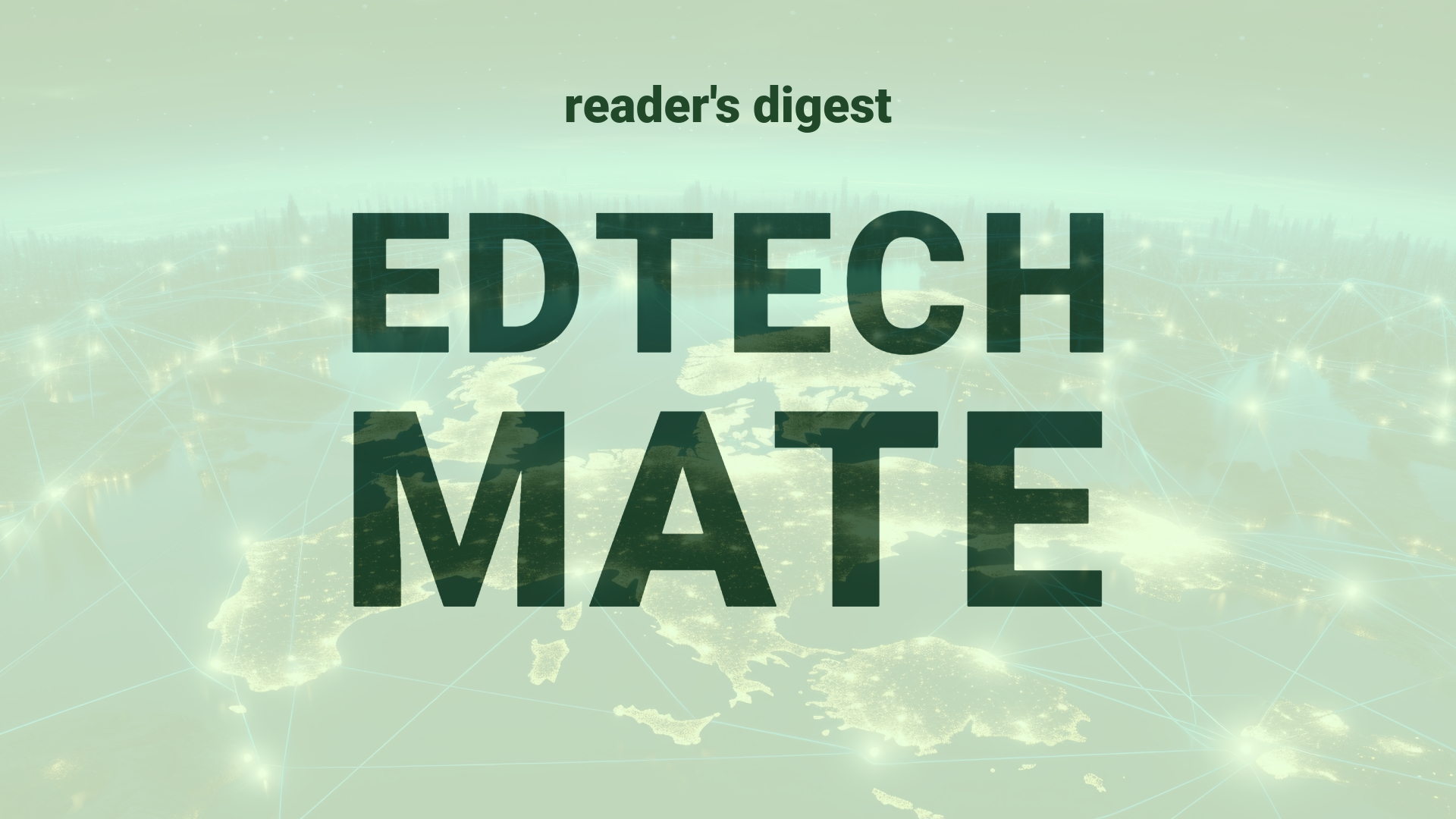Executive Summary and Main Points
The advent of Generative AI (genAI) has made remarkable strides across various industries, drastically transforming operations through its cutting-edge capabilities. Pioneering innovations such as chatbots, virtual assistants, and advanced content generation are breaking new grounds and redefining the once-impossible. Spearheading this transformative journey, businesses like Dell and NVIDIA are pushing towards the integration of genAI with purpose-driven initiatives and sustainable practices. The highlights include the responsible implementation of AI, the digital transformation of healthcare by Siemens, smart urban traffic solutions by ST Engineering, and the promotion of accelerated computing for sustainability by NVIDIA. These developments signify a paradigm shift in not only technological capabilities but also in corporate consciousness, aligning business objectives with societal and environmental values.
Potential Impact in the Education Sector
In the realm of education, the influence of these technological advancements is substantial. Further Education and Higher Education institutions can leverage genAI to enhance personalized learning experiences, streamline administrative workflows, and conduct sophisticated research. Digitalization and AI could also dramatically improve the accessibility, efficiency, and customization of learning materials, thus transforming the instructional landscape. Moreover, with an increase in micro-credentials, institutions can utilize genAI to tailor educational pathways that are aligned with industry demands and learner preferences. Strategic partnerships, like those of Dell and NVIDIA, could serve as blueprints for academia-industry collaboration, accelerating innovation and maximizing resources to equip learners with future-ready skills.
Potential Applicability in the Education Sector
GenAI and accelerated computing offer diverse applications within global education systems. Virtual assistants can facilitate student support services, while AI-driven analytics can enhance enrollment management and student success forecasting. Digital twins could revolutionize engineering and science curricula, offering simulated lab environments for students to experiment with virtually no material cost or risk. Accelerated computing could be employed in research to tackle complex computational problems, enabling institutions to contribute more profoundly to societal advancements. The potential for AI to aid in developing customized learning pathways and curricula is also significant, providing a more adaptive learning environment that caters to individual student needs.
Criticism and Potential Shortfalls
Despite the optimism surrounding genAI and related technologies, there is potential for criticism and shortcomings. The energy-intensive nature of AI training models raises concerns about sustainability and the carbon footprint of higher computing demands. Ethical dilemmas surrounding data privacy, biases in AI algorithms, and the displacement of jobs due to automation present challenges to unilaterally positive receptions of these technologies. Comparative international case studies may reveal disparities in the adoption and impact of AI in education, often reflecting economic and digital divides. Moreover, integrating AI into global education systems must consider cultural sensitivities and the need for contextual relevance. It is imperative that AI innovation is inclusive, equitable, and cognizant of diverse moral and legal frameworks.
Actionable Recommendations
To harness the power of genAI and accelerated computing in education, institutions are encouraged to embrace the following strategies: Adopt a multi-stakeholder approach to craft fit-for-purpose AI applications, foster strategic partnerships with technology leaders to leverage their expertise and resources, invest in sustainable AI infrastructure that aligns with environmental goals, and ensure inclusive AI development that reflects the diversity of the global student body. Additionally, rigorous ethical frameworks should be established to guide AI implementation, while proactive training and upskilling should be provided for educators and administrative staff. Lastly, invest in international research collaborations to share knowledge and best practices, thus fostering a globally interconnected educational ecosystem that is well-equipped to navigate the digital future.
Source article: https://www.cio.com/article/2139004/the-ai-revolution-is-here-how-do-you-make-sense-of-it.html

